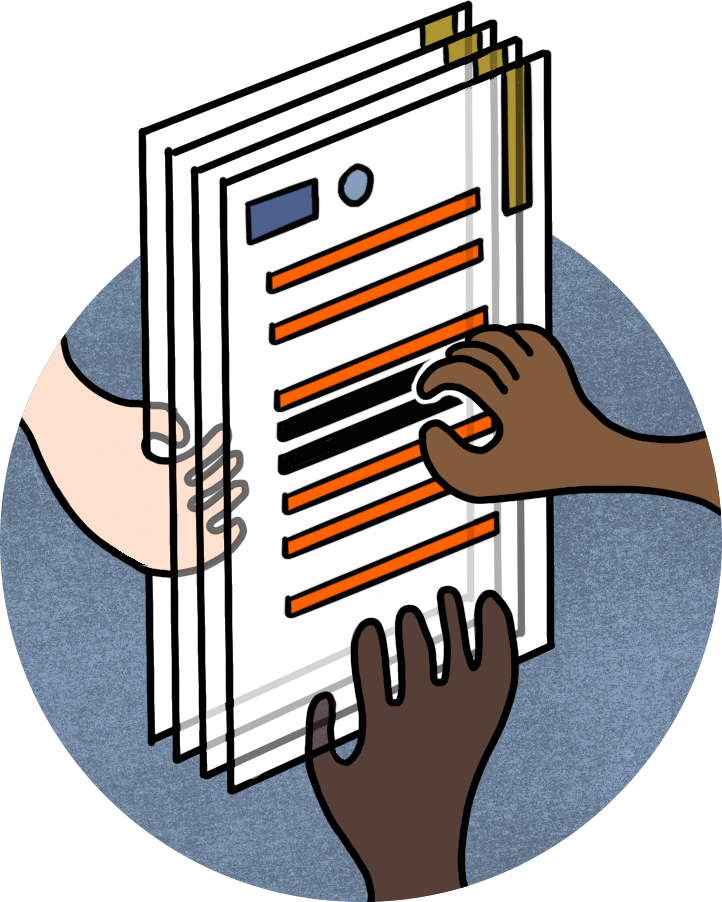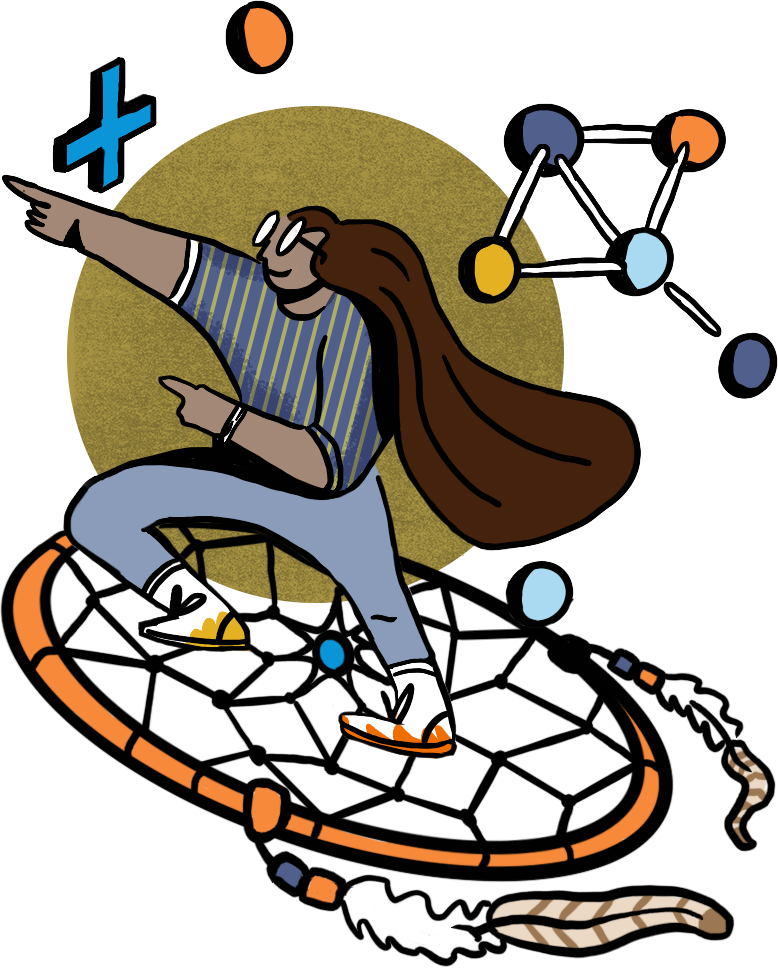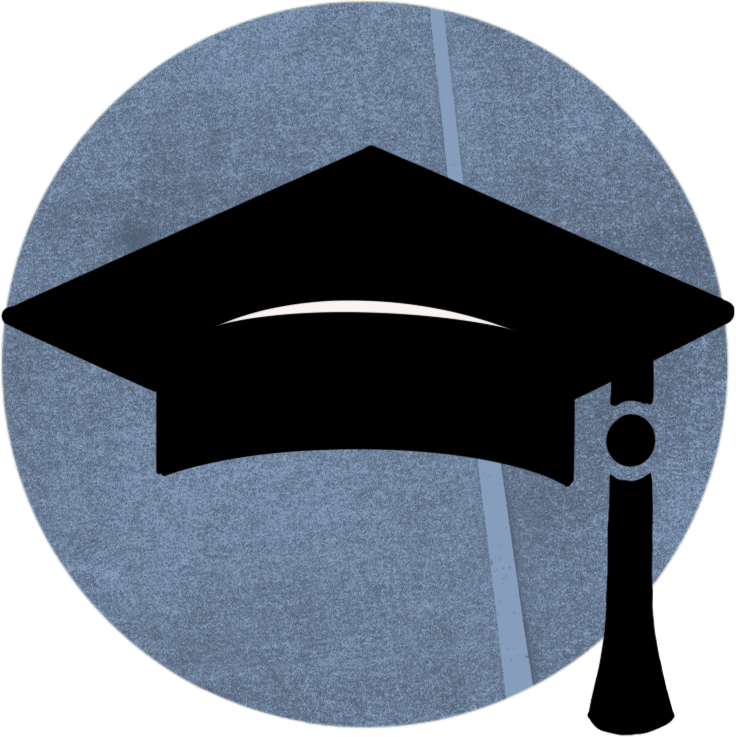Dear Superintendents,
If you attended the final day of the recent S5S conference, you felt the energy and inspiration when our 2020 Wyoming Teacher of the Year (WTOY), Dane Weaver, spoke. His impromptu acceptance speech worth watching and sharing! Mr. Weaver’s Speech
THE BIG READ – As Wyoming sharpens its focus on early literacy teaching and learning, we have many opportunities to provide literacy opportunities both during school and beyond the bell. The National Endowment for the Arts’ (NEA) announced a grant opportunity for local governments, libraries, school districts, colleges and universities, and non-profit organizations.
The Big Read, established in 2016, supports Americans reading and discussing a single book within their communities. Entities can apply for one of an estimated 75 grants to be awarded for programming occurring between September 2020 and June 2021. The application deadline is January 29, 2020. Besides the grant, communities will receive resources, such as reader’s and teacher’s guides and audio guides with commentary from artists, educators, and public figures. Communities will also receive publicity materials.
In this cycle, communities will choose from 32 selections (novels, short stories, memoirs, poetry, and books in translation), including several works by female authors in honor of the 100th anniversary of national women’s suffrage.
For technical assistance in filling out the grant application, contact Arts Midwest to schedule a consultation with staff; visit the Application Advice page for tips and best practices for applications; and review the NEA Big Read Survival Guide to gain wisdom from past grantees.
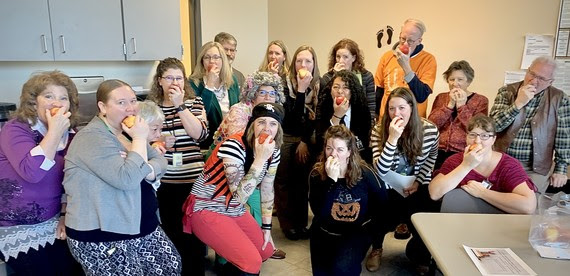
FARM TO SCHOOL
In celebration of Farm to School Month, states throughout the Mountain Plains Region (CO, MT, MO, KS, NE, UT, ND, SD, WY) competed to see which state could get the most “crunches” into a local apple or other local produce. Here are WDE Crunchers on Halloween! Many schools across the state participated their own “Crunch” competitions.
Wyoming has great resources for local Farm to School programs including available funding for meat processing for schools. Take a look at the Farm to School web page.
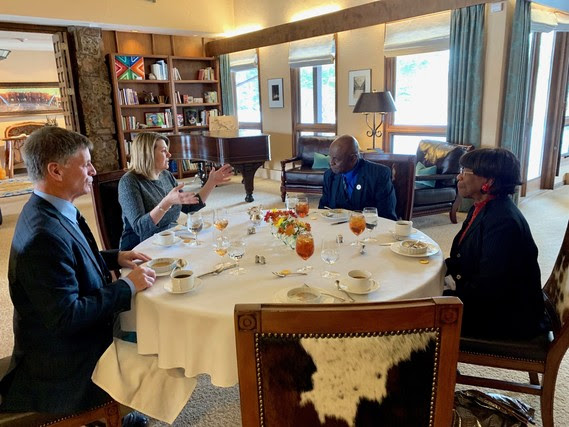
Rita Watson celebrates 50 years as an employee for the State of Wyoming this month. She is currently the longest-serving employee in our state. Governor and First Lady Gordon hosted a special lunch in her honor on November 1 (pictured above with her husband, Floyd). Earlier in October, Rita was recognized during the Buffalo Gals Luncheon at the Buffalo Bill Center of the West. She is one of the women profiled in the project, Women of Wyoming. Her profile, and others, can be found here.
To know Rita is to call her Friend!
Memos to be released on Monday, November 4:
- 2019-129: 2019-2020 National ESEA Distinguished Schools Application
- 2019-130: Wyoming Advisory Panel for Students with Disabilities
- 2019-131: 2020 PAEMST Nominations Open
- 2019-132: National Youth Science Camp Applications
- 2019-133: Educator Input for Math Extended Standards and Science PLDs


